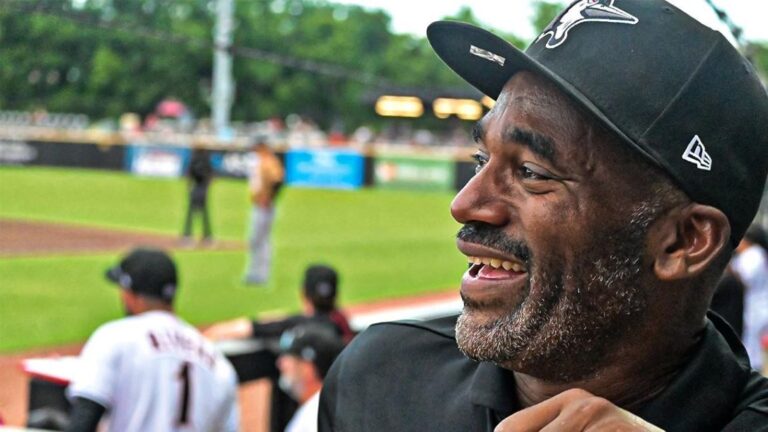By Alpha Jones, CSFM
Some of the things I love about the sports field management industry are the “go get ‘em” and “get it done” approaches that so many of us share. It is fascinating to listen to war stories that include these approaches, which are often the cornerstones of successful sporting events played out on the resilience of the playing surfaces and facilities at every level.
These approaches are lead-by-example leadership styles, which have served many well. Leading by example worked well in the past, when completing the job task was the only focus. However, nearly every sport supported by the work of a sports field management crew is seeing changes in the way the sport is played; the level of competition; and, most certainly, the venues. These modifications require field management crews to change or adjust to meet evolving demands.
Current and future industry leaders require additional skills to meet the needs of their teams and facility end users: Skills that help create connections for a seat at the planning table; abilities that educate and inform decision-makers about sports field management needs; talent that helps identify quality employees; skills that empower others for team proficiency; and expertise that affords a work-life balance.
Be careful not to mistake these leadership abilities for management skills. Our sports field management jobs require us to manage – and we are excellent managers. A high percentage of our work is done autonomously or supervised from afar. We employ time management for job tasks, we oversee the maintenance of equipment assets, and we manage the people who work with us. We supervise the coordinated dance routine where these requisites come together to provide safe, playable, aesthetically pleasing playing surfaces and facilities. Leadership is different.
Leadership may involve many of the same responsibilities, but has a different perspective that enlarges our focus area. Leadership is defined as the ability to guide and encourage a group of people toward a common goal; to influence. Great leaders make it look easy to influence others. We see the results of successful leadership, and may conclude that leading is convincing the group of something and then accomplishing it.
Employees today come from different backgrounds, demographics and have varying work-life balance needs. There is a greater requirement today than ever before to meet the needs of the people you are leading – while you’re leading them. Meeting those needs can boost employee engagement.
Developing leadership skills also adds value to yourself. An effective manager is a greater asset and more valuable to any organization if they have the skills to lead. The size of organizations is shrinking, with fewer middle-management personnel, leaving the highest-ranking decision-makers to rely on others to guide the organization. Develop leadership skills to provide yourself with the opportunity to keep up with innovation and the changing sports environment.
Future industry leaders will lead through anticipation and creation of change; and they will lead amid increased automation in the industry and the world around it. The ability to make decisions faster will be a must, as will the ability to lead while navigating crises. Future leaders must remain agile through continuous education of technical industry changes. Leaders need to communicate with new and unusual groups; steer through conflict resolution and employee resistance; and produce successful work with fewer resources and funding.
Effective leaders also need what are referred to as “soft” or “essential” skills. These skills are helpful even if you have no intention of becoming a leader. Skills such as communication, decision making and problem solving are used by almost every leader and every person. Effective sports field management leaders must also be skilled in negotiation, conflict resolution, adaptability and critical thinking.
The ability to lead relies on guiding and encouraging a group of people or team toward a common goal or goals.
Alpha Jones, CSFM, is director of field operations for the Fayetteville Woodpeckers, MiLB affiliate of the Houston Astros. He also serves on the SFMA Board of Directors as professional facilities director. In future installments of this editorial series, Jones will help readers hone their leadership skills and their overall personal and professional development.


